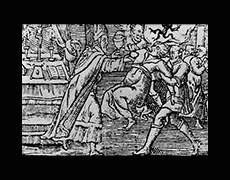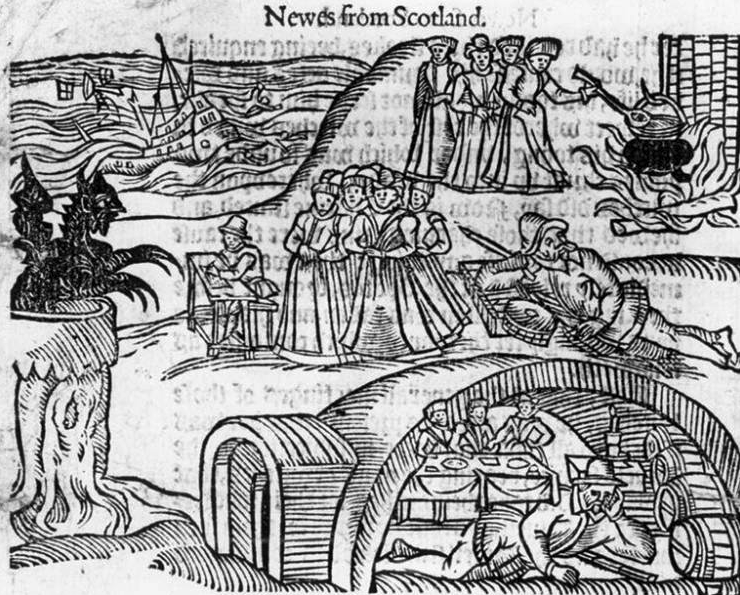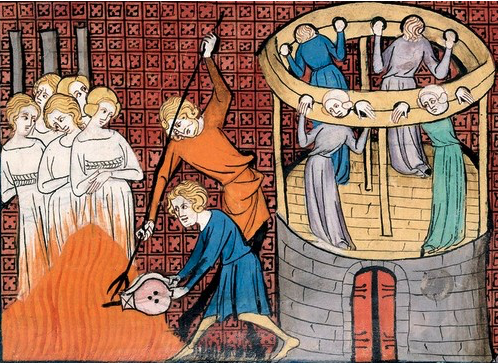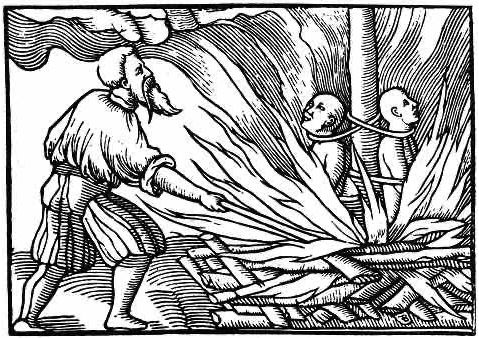
In the late 16th and early 17th centuries, a number of people in the Scottish town of Aberdeen were accused of witchcraft and put on trial.
These trials were part of a larger wave of witch trials that swept across Europe during this period.
The exact number of people tried for witchcraft in Aberdeen is not known, but it is estimated to be around 40.

Most of the accused were women, and many were convicted and executed.
The methods used to prosecute and punish those accused of witchcraft were brutal and inhumane, including torture and burning at the stake.
The witch trials in Aberdeen and the rest of Scotland were fueled by a combination of religious fervor, superstition, and political and social upheaval.

As the country struggled with the effects of the Reformation and a changing political landscape, many people were looking for scapegoats to blame for their troubles.
The witch trials in Aberdeen and Scotland eventually came to an end in the early 18th century, as attitudes towards witchcraft and the supernatural began to change.

However, the damage had already been done, and many innocent people had been falsely accused, tortured, and executed in the name of the Christian religion.

